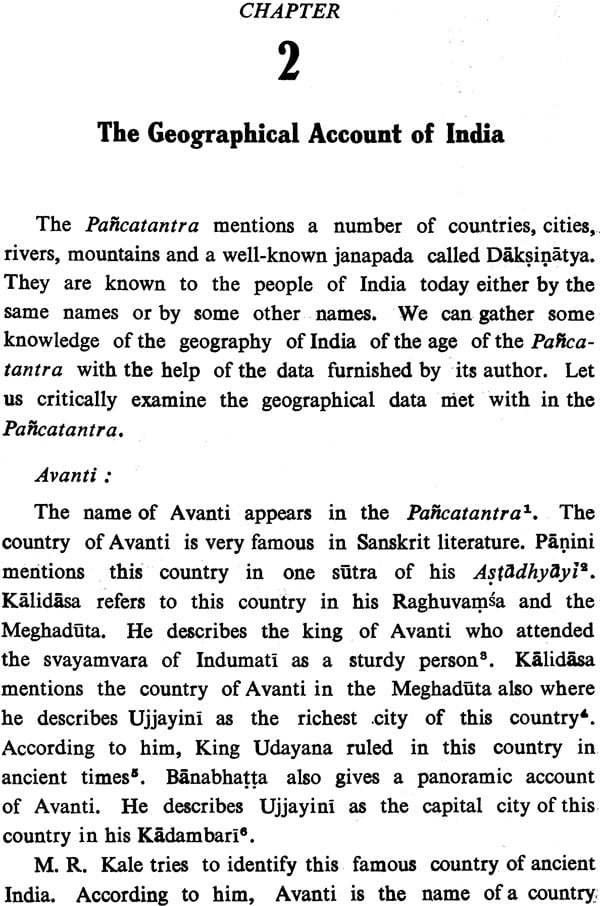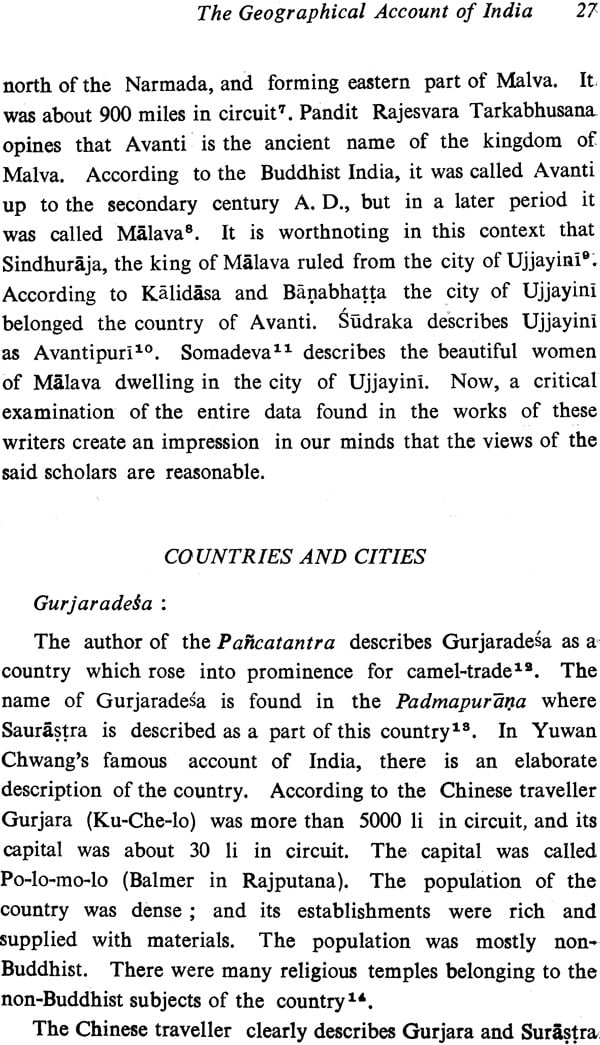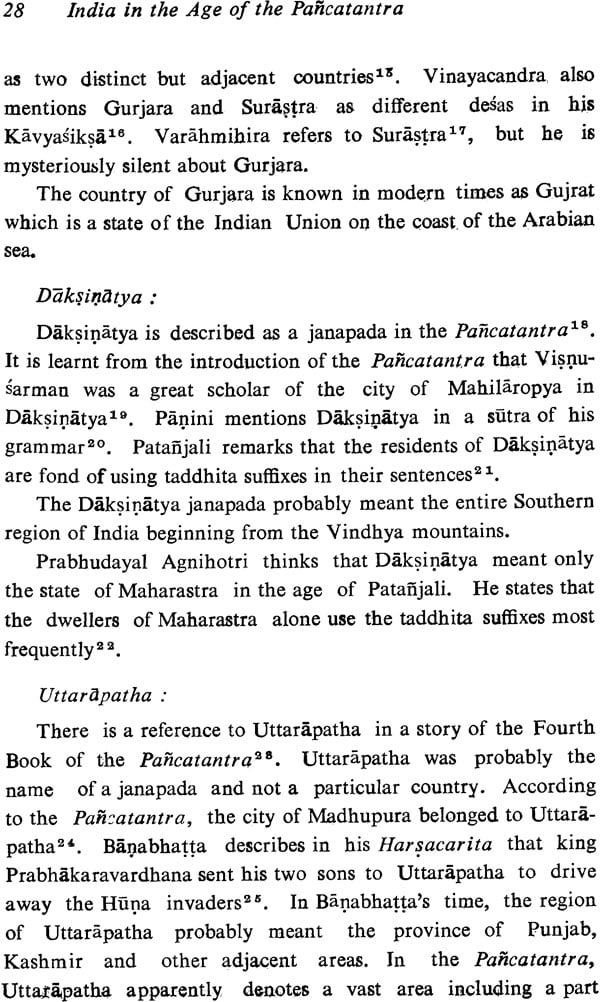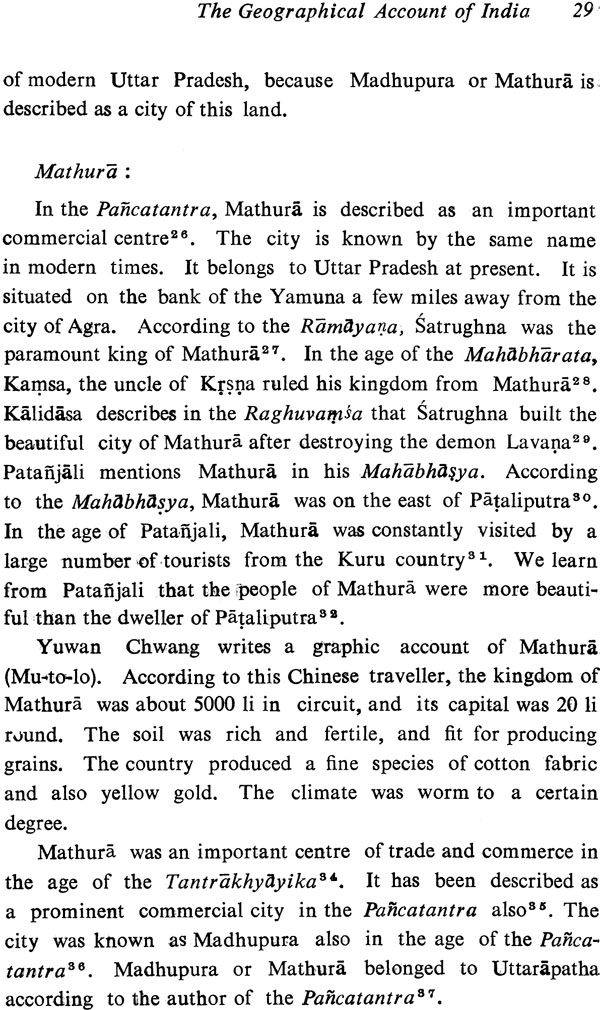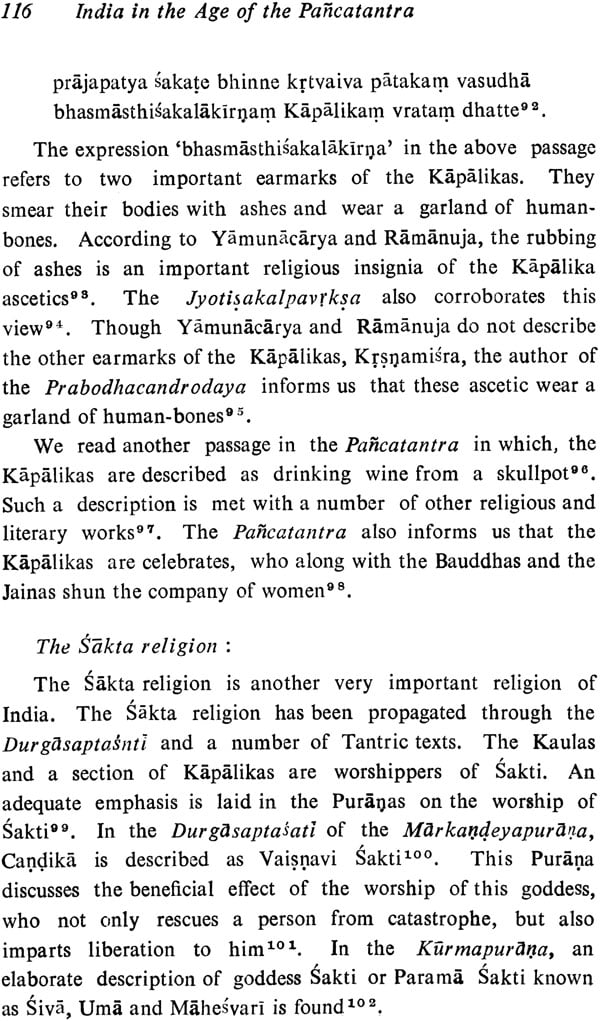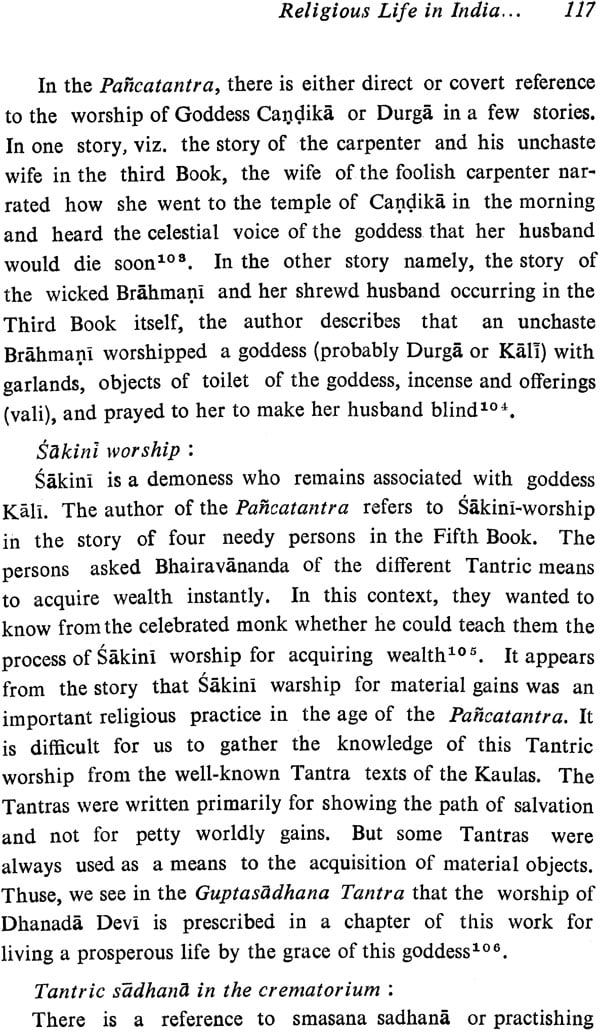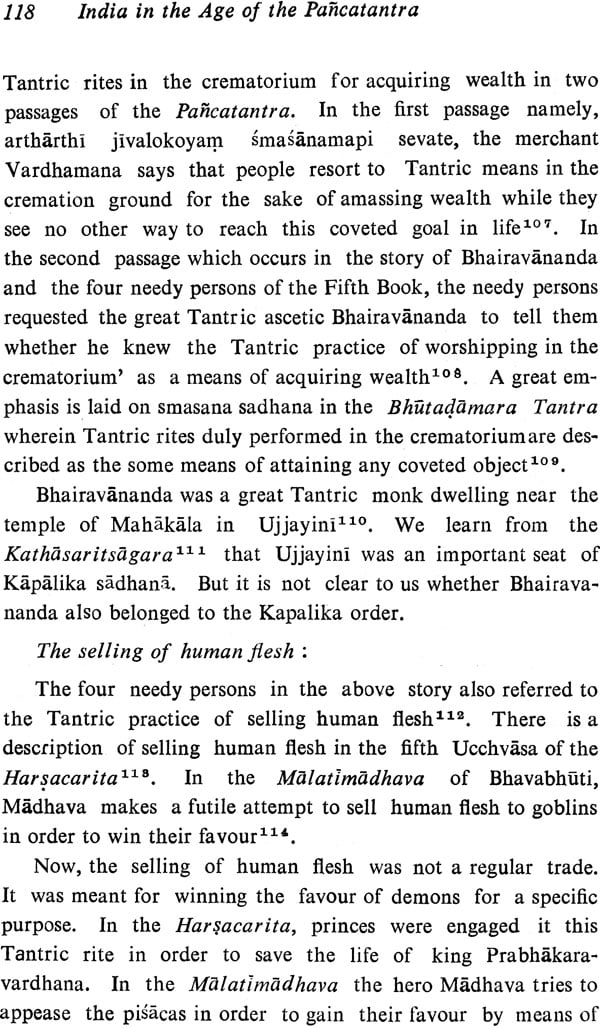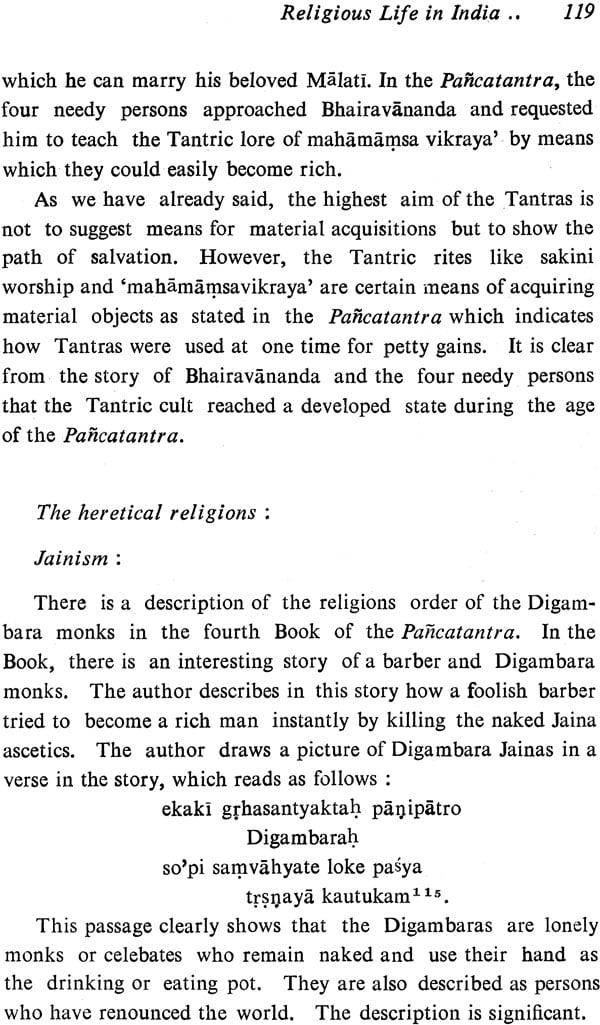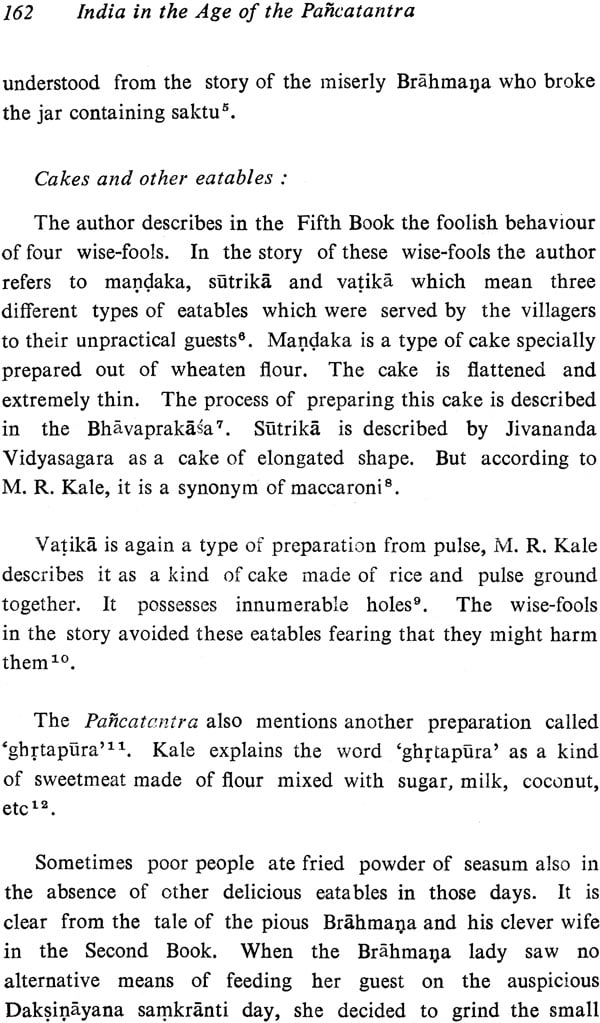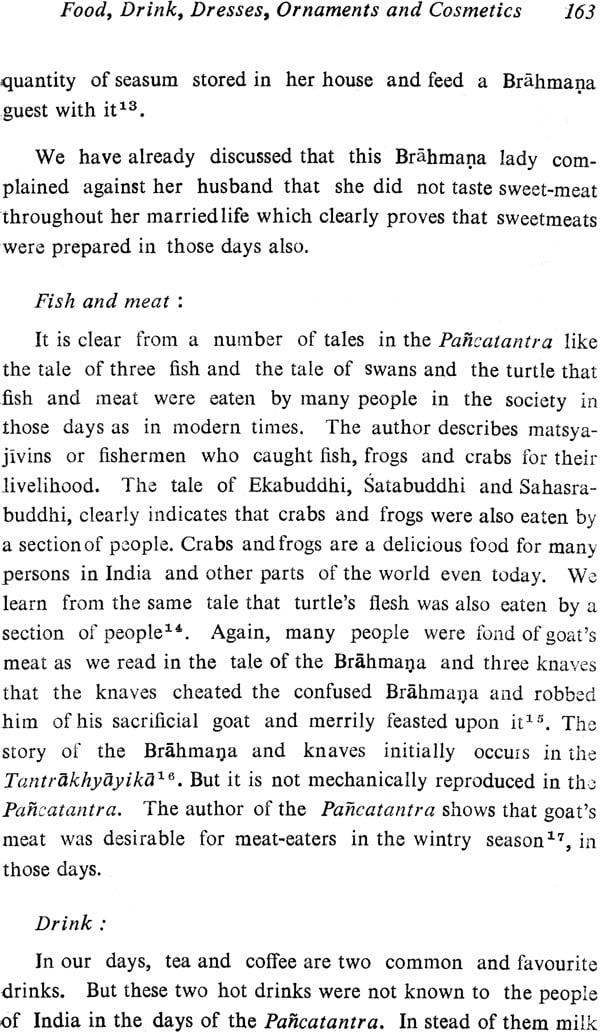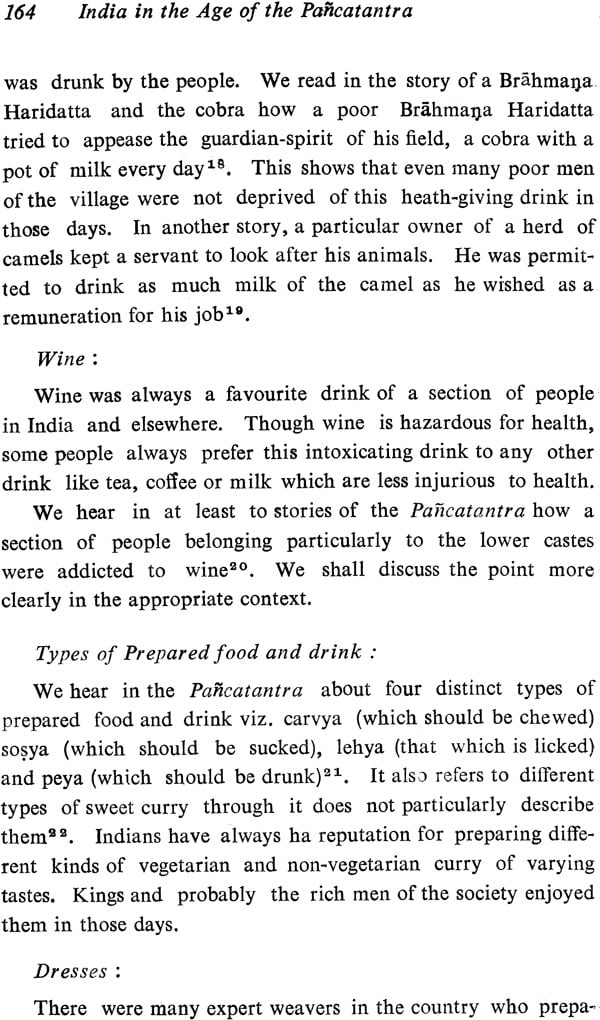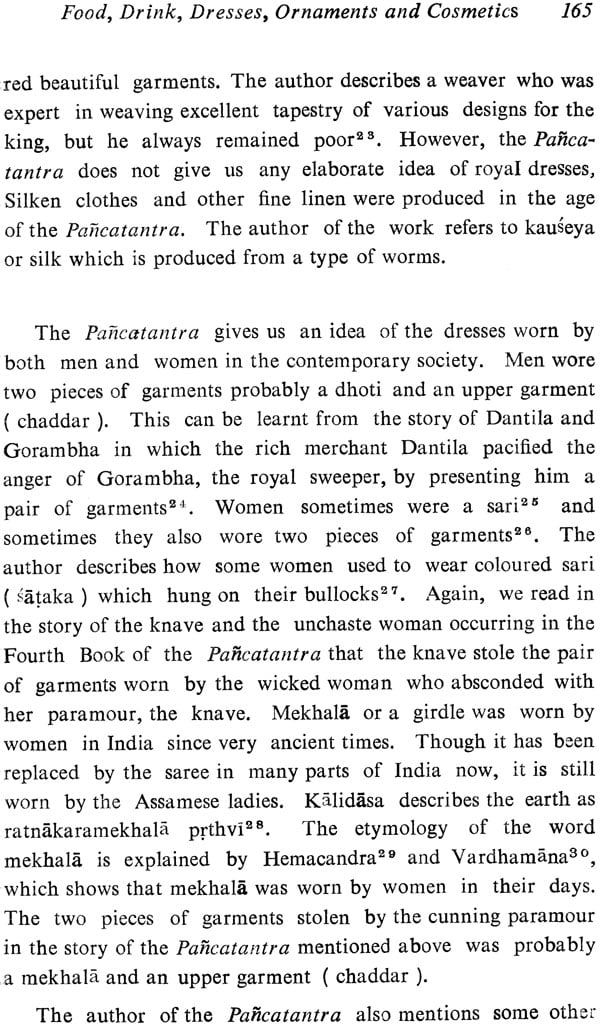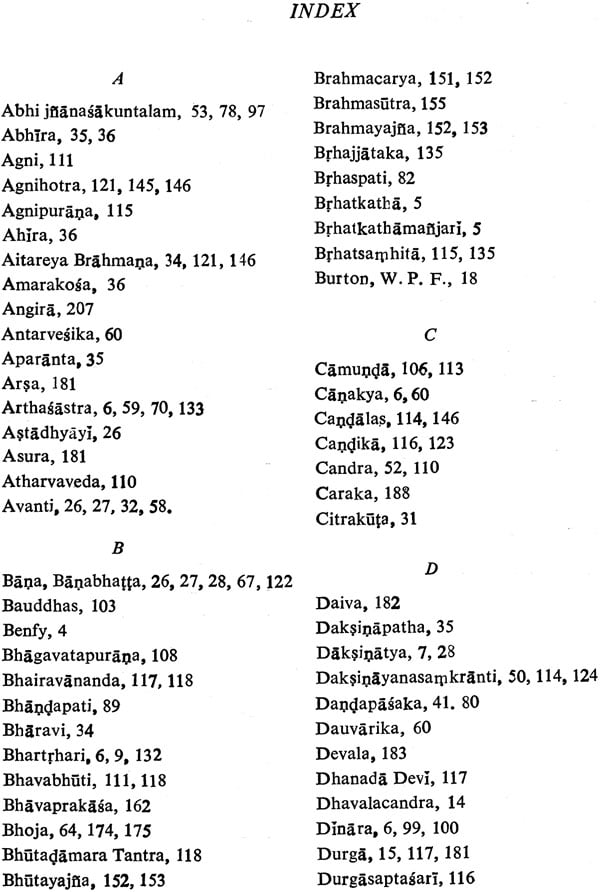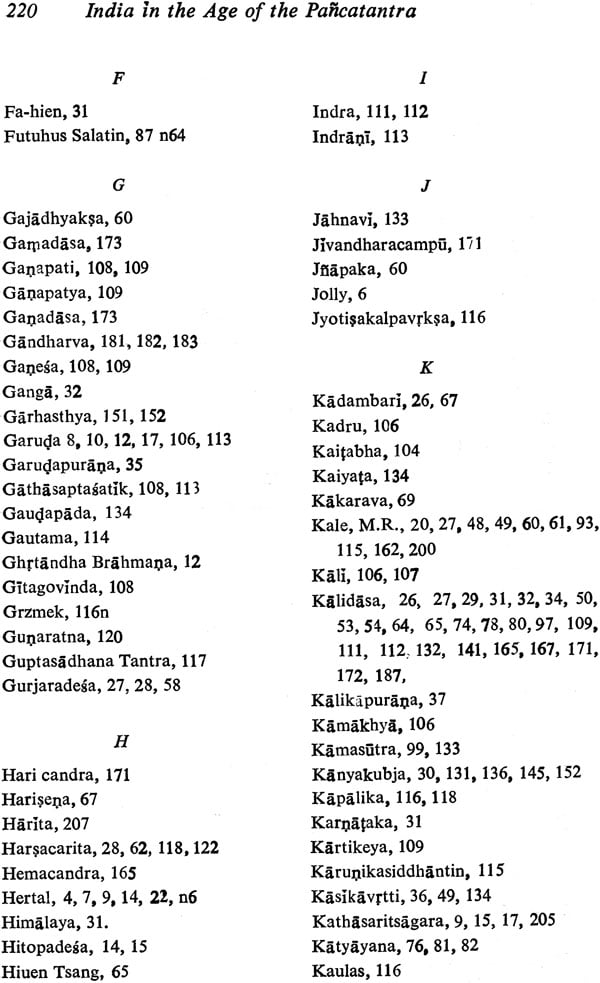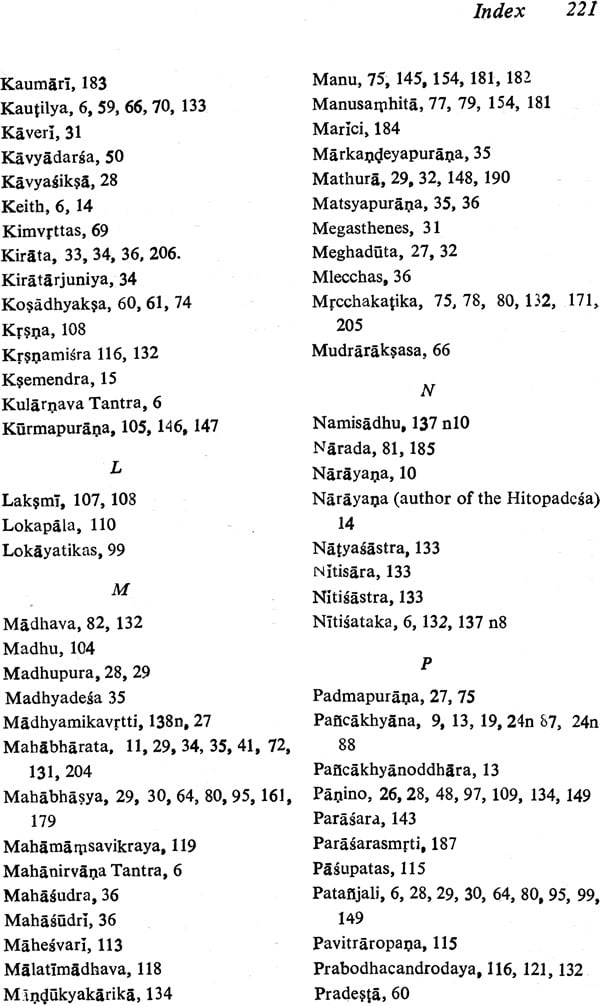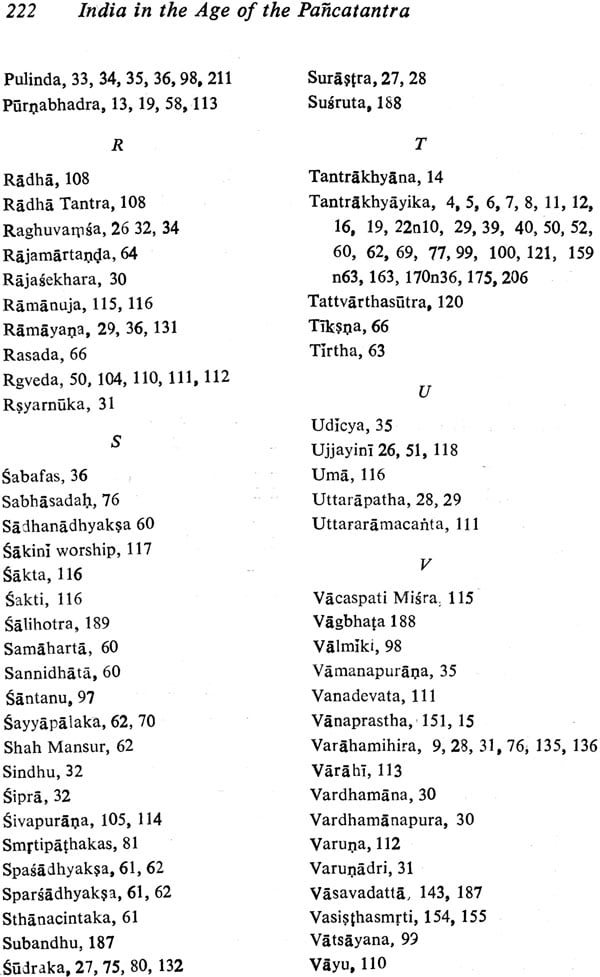
India in The Age of The Pancatantra (An Old and Rare Book)
Book Specification
| Item Code: | NAI047 |
| Author: | Apurba Chandra Barthakuria |
| Publisher: | PUNTHI PUSTAK |
| Language: | English |
| Edition: | 1992 |
| ISBN: | 8185094529 |
| Pages: | 235 |
| Cover: | Hardcover |
| Other Details | 8.5 inch X 5.5 inch |
| Weight | 310 gm |
Book Description
About The Book
India in the age of the Pancatantra is a critical study of the socio-cultural life of the Indian people of the age of the Pancatantra (Textus simplicior), It deals with the political system, the economic condition of people, their mode of livelihood, religious faiths, academic life, art, architecture, games and hobby, dresses, ornaments, cosmetics, food habit, specific customs and practices and virtues and vices, and many other aspects of life. The book contains fourteen chapters. The author has utilised many rare works like the Dharmasastrasamgraha of Jiva-nanda Vidyasagar (1876) the Bhavaprakasa published by Chowkhamba Sanskrit Samsthan (1969) and GRZMEK's 'Animal life Encyclopedia' in order to make the study on the Pancatantra a comprehensive one.
About The author
Dr. Apurba Chandra Barthakuria, M.A., Ph.D. (Calcutta), the author of 'India ill the Age oj the Pancatantra is Professor and Head of the Sanskrit Department, Gauhati University (Assam). His two other books, namely, 'A Critical Study of the Lokayata Philosophy presented by the author of the Prabodha- candrodaya' and 'the Kapalikas have been published from Calcutta in 1976 and 1984.
I cherished a desire for several years to write a critical work on the socio-cultural life of the people of India depicted in the Pancatantra, the most popular work of tales in the world. The stories of the Pancatantra have been highly adored by both old men and young all over the world for centuries. The stories of this work have a great didactic value. They are saturated with practical wisdom. Like hundreds of other persons in the world I have also been deeply attracted by the stories of the Pancatantra which are the products of a very intelligent writer who has keenly observed the mode of life of the Indian people, their manner and behaviour, customs and practices, thoughts and ideas, and in fine, the entire socio-cultural life of them. A deeper study of the work gradually generated on idea in my mind that a critical work on India as depicted by the author of the Pancatantra will be an interesting subject of study for scholars. It is with this idea I have decided to write the present book. I have critically examined all the relevant data in spite of hindrances in order to make the present study a useful one. I have utilised some rare books like the Dharmasastra-samgraha of Jivananda Vidyasagar (Calcutta, 1876), a collection of important Smrti texts like the Visnusmrti, the Parasarasmtti, the Vasisthasmrti and the Vrdohaharita- samhita, the relevant passages of which have been adequately quoted. I have also been greatly benefited by the Bhavaprakasa published by Chowkhamba Sanskrit Samsthan, Varanasi (1969) which discusses elaborately the processes of preparing Mandaka and other eatables.
I am grateful to my revered Professor Dr. Mukunda Madhava Sharmah, M.A., Ph. D. D. Litt (Calcutta), a Rastrapati awards winner scholar of great repute, Dr. Ashok Kumar Goswami, Dr. Rajendra Nath Sarma, Dr. Dilip Kumar Chakrabarty and Dr. Nalini Devi Misra, four other distinguished scholars for their constant inspiration to me to publish this work. I shall fail in my duty if I fail to mention the names of S. K. Bhattacharya and R. N. Bhattacharya of Punthi Pustak of Calcutta but for whose consent to publish the work from their farm, the work would have remained in manuscript forever.
| Preface | vii | |
| Abbreviations | ix | |
| Chapter one | Introduction | 1-25 |
| Chapter Two | The Geographical Account of India | 26-47 |
| Chapter Three | Agricultural , Mineral and Other Products of india | 48-56 |
| Chapter Four | Political System | 57-88 |
| Chapter Five | Economic System | 89-102 |
| Chapter Six | Religious life of India in the age of the Pancatantra | 103-130 |
| Chapter Seven | Academic life | 131-139 |
| Chapter Eight | Caste System | 140-160 |
| Chapter Nine | Food, Drink, Dress, Ornaments and Cosmetics | 161-170 |
| Chapter Ten | Arts and Architecture | 171-177 |
| Chapter Eleven | Other aspects of social life | 178-196 |
| Chapter Twelve | Belief and Superstitions | 197-203 |
| Chapter Thirteen | Vices in the age of the Pancatantra | 204-208 |
| Chapter Fourteen | Concluding Remarks | 209-212 |
| Bibliography | 213-217 | |
| Index | 219-223 |
